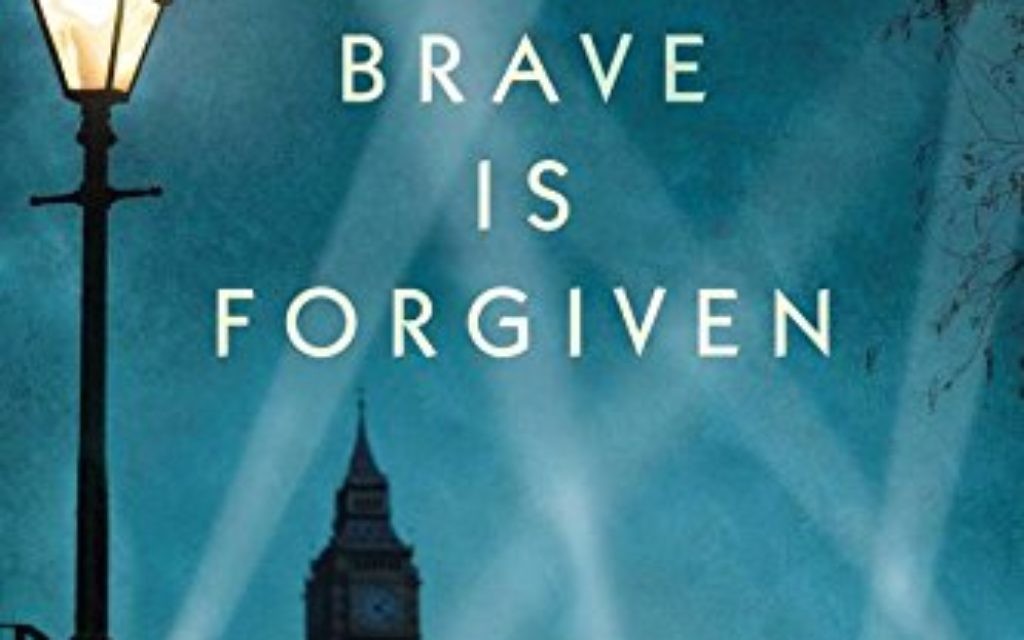Forgiving Without Forgetting in WWII
The hell that was London during World War II is captured in compelling fashion by British author Chris Cleave in his new novel, “Everyone Brave Is Forgiven.”
The story revolves around four main characters who navigate among one another and through the contentious morass of wartime Britain with steely determination and occasional subterfuge. A love triangle is at its core, though the dialogue that inhabits it tends to be the novel’s weak point.
Cleave based the chief protagonists’ characters and adventures on stories his grandparents told him about their exploits during the conflict in Britain and Malta. Cleave’s maternal grandfather, Capt. David Hill of the Royal Artillery, had been assigned to protect Randolph Churchill, the prime minister’s “brilliant but dissipated son,” during the latter’s visit to the besieged Mediterranean island.
Get The AJT Newsletter by email and never miss our top stories Free Sign Up
Alistair, the character based on Hill, goes through an alarming number of calamities during the course of his overseas postings. Just when you think it can’t get worse for him, it does.
Another player is Mary, an upper-crust young teacher who, horror of horrors, befriends a black boy in her care and thus ruffles numerous feathers, not least her own snobbish parents.
Then there’s Hilda, who with Mary signs up to drive an ambulance during London’s endless air raids. Hilda, unlucky in matters of men, bitterly resents Mary’s more successful overtures in that regard, even as their fraught friendship endures. Not part of the war effort is Tom, who wavers on whether to join up and suffers accordingly.
Indeed, all four of them get their fair share of anguish, defeat and redemption. Addiction and amputations feature prominently as well. Cleave’s story is well told and shows unsparingly the brutal and futile nature of war. He writes, “Theirs was a generation whose choices were made quickly, through bravery and instinct, and whose hopes always hung by a thread.”






comments